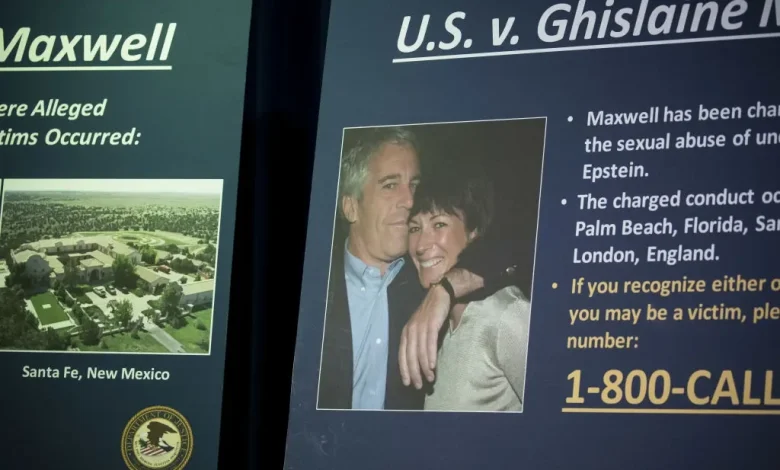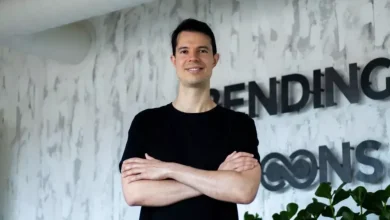Trump’s Treatment of Ghislaine Maxwell Under Fresh Scrutiny

On a Friday night in August, a top Trump official announced on X that he was releasing the transcript of his interview with Jeffrey Epstein conspirator Ghislaine Maxwell. “Except for the names of victims, every word is included. Nothing removed. Nothing hidden,” wrote Todd Blanche, Trump’s Deputy Attorney General and former personal lawyer.
The transcript, which showed Maxwell saying she didn’t recall ever seeing Donald Trump at Epstein’s house, did little to quell the furor among Trump’s base around allegations that it was covering up damaging information on Epstein. Now the interview and the Justice Department’s actions around it are coming under renewed scrutiny in the wake of emails released by Congress last week, including one from 2011 in which Epstein apparently told Maxwell that Trump had previously spent “hours” at his house.
Maxwell is serving 20 years in prison for conspiring with Epstein to sexually abuse minors over the course of a decade. Blanche interviewed Maxwell in Tallahassee, Fl., on July 24 and 25. Days after the interview, Maxwell was transferred from a low-security federal prison in Florida to an all-women minimum-security prison northeast of Houston called Federal Prison Camp Bryan. The Department of Justice did not respond to a request for comment for this story.
The contents of the emails immediately raised questions among some Administration critics about whether Blanche had pressed Maxwell enough during the interview. Lawyer George Conway wrote on X that he believes the emails show that Blanche’s questioning Maxwell “was either (a) completely incompetent; or (b) intentionally crafted not to elicit facts incriminating Trump.” Blanche replied on X that when he interviewed Maxwell, “law enforcement didn’t have the materials Epstein’s estate hid for years and only just provided to Congress. Stop talking. It’s unbecoming.”
Yet the Maxwell interview raised eyebrows separate from the recent emails. Cheryl Bader, a professor at Fordham Law and a former federal prosecutor, says several aspects of the Justice Department’s handling of Maxwell were out of the norm. It was “unusual” to have such a senior Justice Department official conducting such an interview, she says, noting that typically the prosecutor who handled the case would be involved in such an interview.
Then there’s Blanche’s questioning, which Bader says didn’t follow up as much as one would expect from a federal prosecutor in such a setting, and seemed uninterested in uncovering new evidence. “Usually you turn to a cooperating witness when you feel you have a bigger fish you want to get on the hook, not because you think you have a big fish that you want to get off the hook,” she says.
During the interview, Blanche asked Maxwell about Trump and Epstein’s relationship. “I don’t think they were close friends or I certainly never witnessed the President in any of — I don’t recall ever seeing him in his house, for instance,” Maxwell said. “I actually never saw the President in any type of massage setting. I never witnessed the President in any inappropriate setting in any way,” she said. Maxwell had been told she could face consequences if she lied. During the interview, Blanche told Maxwell if she says something that’s not true, “we can bring a prosecution against you for what’s called false statements.”
In an email released last week and dated April 2, 2011, Epstein appears to have written to Maxwell: “i want you to realize that that dog that hasn’t barked is trump. [VICTIM] spent hours at my house with him .. he has never once been mentioned.” Maxwell replied: “I have been thinking about that…”
The administration’s handling of Maxwell is coming under additional scrutiny in Congress as well. Earlier this month, Rep. Jamie Raskin of Maryland, the top Democrat on the House Judiciary Committee, wrote to Trump demanding that Blanche appear for a public hearing about the decision to transfer Maxwell to another prison. Raskin says a whistleblower brought information to their committee that Maxwell’s been given preferential treatment at the new prison, and that she is working on filing a “commutation application” with the Trump administration.





